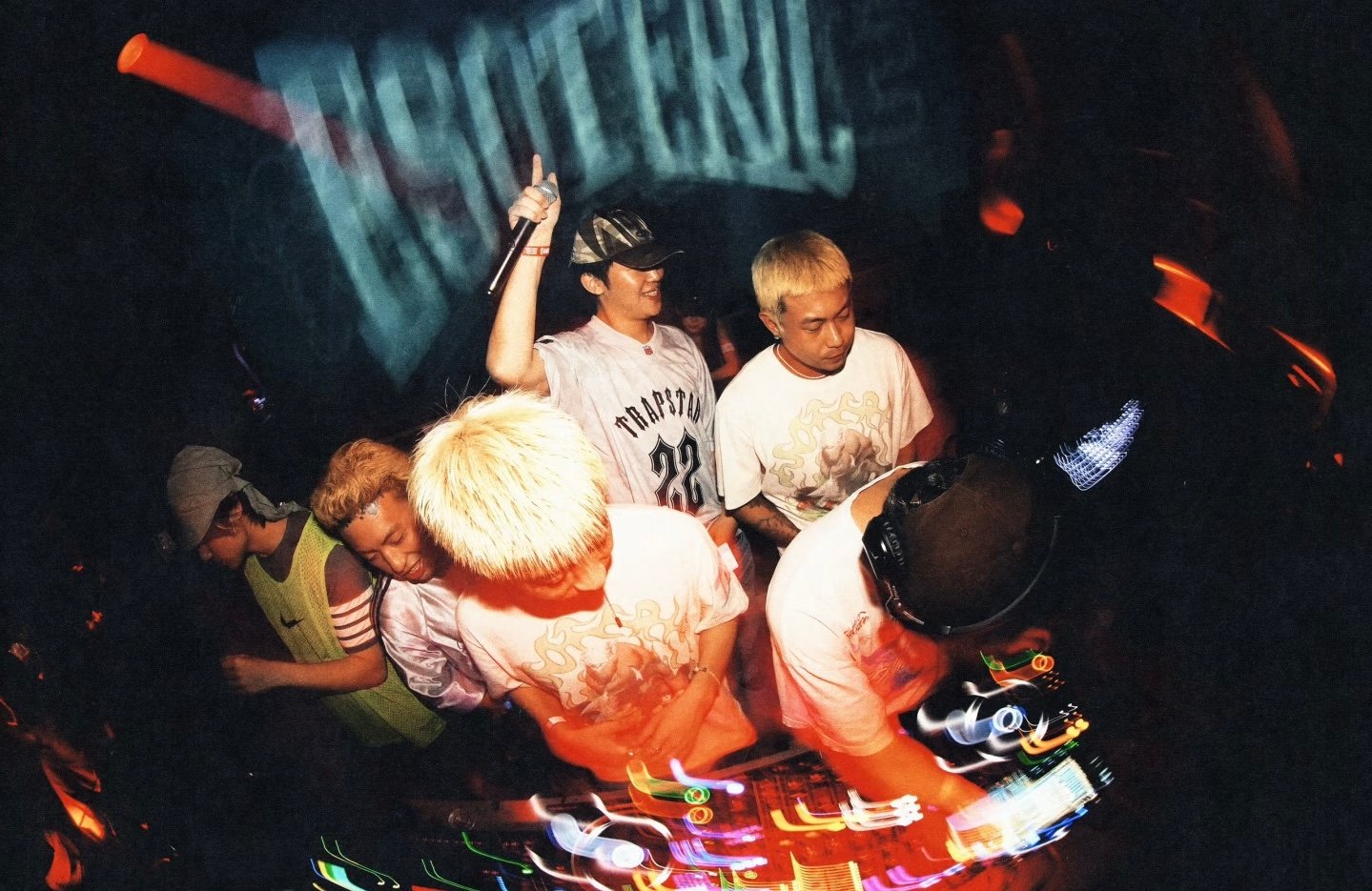If you’re going to a funeral in China, please keep your clothes on and avoid giving a lap dance to the casket of the deceased.
The Ministry of Culture last month announced a crackdown on “obscene, pornographic and vulgar performances” at funerals and weddings after stories of wild send-offs involving naked women groping mourners and pole dancing at rural gatherings made headlines.
The Ministry has even set up hotlines in Henan, Anhui, Jiangsu, and Hebei for the morally outraged to drop a dime should they encounter any outlandish displays of nudity at Grandpa’s gravesite.
This is not the first time authorities in China have targeted the practice of hiring “funeral strippers.” As recently as 2015, after pictures of a stripper removing her top at a funeral in Hebei circulated on social media, the Ministry of Culture released a statement stating that “obscenity and vulgarity” had no place at funerals and pledged to put an end to the practice.
Hot take: it is difficult convincing men to not look at naked women exposing themselves suggestively in public.
The practice of hiring mourners, musicians, and even entertainers for funerals has a long history in China. Funeral ceremonies, especially for elite families, were ways to display status. More mourners + more noise = more mianzi (“face” 面子). The practice has continued to the present day. Professional mourners and entertainers still are a feature in many traditional funerals in China and, especially, Taiwan.
The culture of taking your clothes off and jiggling your ass at the dead however seems to be of more recent vintage.
Anthropologist Chiung-chi Chen has researched funeral strippers in Taiwan. While nobody is entirely clear on exactly who started the practice, Chen’s research traces its development to the tradition of hiring modern entertainment to attract and amuse funeral goers, starting with marching bands in the 1930s evolving into “Electric Flower Vehicles” — trucks and hearses which functioned as moveable stages featuring electric pianos, singers, and dancers — in the 1950s and 1960s
In the 1970s, competition among the purveyors of these Electric Flower Vehicles became quite intense, and somebody (there is a debate as to exactly who) came up with the not-particularly-original idea that folks would pay more attention to the singers if those singers were female and naked.
The custom of hiring strippers for funerals took off among Taiwan’s nouveau riche/gangster set, but by the 1980s had become something of an accepted — if quirky and vulgar — custom for rural funerals. The Taiwanese government, as well as many of the urban elite, associated the practice with the crude, the bumpkin, the tacky and tasteless — the velvet Elvis painting your great aunt has on the wall next to the blacklight picture of Jesus — but increasingly folks see funeral stripping as a part of a distinctly Taiwanese cultural palette.
Just last year, a funeral procession for a local Taiwanese politician caused a small disruption in Chinese social media after videos were posted featuring a long procession of electric flower vehicles and over 50 dancers in skimpy dress shaking it for the deceased.
“Now this is what I call a funeral!” said one Netizen quoted by the BBC, while another posted: “Looks like when it comes to funeral matters, Taiwan still comes first.”
Sadly, most of the media reports about “funeral strippers” in China and Taiwan tend to focus on the legal and social implications for those hiring and watching the performance, and not about the lives of the young women themselves.
Many fads that started in Taiwan in the 1970s (male perms, man purses, Teresa Teng) became cultural trends in China in the 1980s and 1990s, including funeral strippers. While not as common in urban areas, in rural China the custom has become something like the norm, to the dismay of local officials.
Many fads that started in Taiwan in the 1970s (male perms, man purses, Teresa Teng) became cultural trends in China in the 1980s and 1990s, including funeral strippers
Whether the current crackdown by the Ministry of Culture will be any more effective than the one three years ago is uncertain. As the Global Times reported:
The villagers themselves do not seem guilt-ridden about the erotic events. According to one netizen, it all comes down to one thing: “as long as everyone’s happy, it’s all good!
The Xinhua News Agency commented:
Having erotic performances of this nature at funerals highlights the trappings of modern life in China, whereby vanity and snobbery prevail over traditions.
The Global Times concludes that the practice of funeral strippers is indicative of a lack of “finer cultural products.”
Yeah. Like a 50-piece orchestra is going to convince old dudes in Hebei that looking at naked people isn’t fun anymore. Somehow, I just don’t see it.
Cover image: ABC/Sina Weibo

















